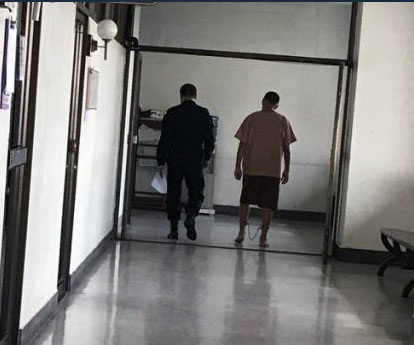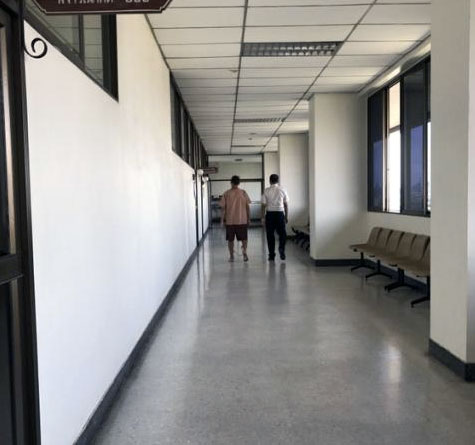Extradition in Thailand
Extradition in Thailand
Thailand Bail is one of the only entities in Thailand whose lawyers are experts on extradition cases in Thailand. If you are facing extradition from Thailand to another country, it is critical to engage a lawyer who knows about the extradition law in Thailand. Since Thailand Bail started, we have represented clients in Thailand who are facing extradition from countries including the United States of America, the United Kingdom, Australia, Russia, Israel, Canada, Germany, Belgium, the Netherlands, Singapore, New Zealand, Spain, Italy, and Malaysia.
How Are Extradition Cases in Thailand Different from Criminal Cases in Thailand?
It is very important to engage a team of lawyers who understand how extradition cases in Thailand are different from criminal cases in Thailand. Sadly, we see many defendants engage lawyers who have never taken on an extradition case before, thinking that extradition cases are the same as criminal cases in Thailand. They are wrong.
Firstly, there are only 2 levels of court for extradition cases in Thailand; these are the Court of First Instance (such as the Criminal Court at Ratchada, Bangkok) and the Court of Appeals (such as the Appeals Court, Region 1 in Bangkok). This differs from criminal cases, which have 3 levels of court, including the Court of First Instance, the Court of Appeals, and the Supreme Court. This means that whatever ruling the Court of Appeals in Bangkok makes is final. The only exception would be a re-trial due to new evidence, which is very rare for extradition cases in Thailand.
Another key difference between extradition cases and criminal cases in Thailand is the defense that the defendant can use. Unlike in criminal cases in Thailand, where any defense can be used in trial, extradition cases defense must follow the details of the relevant sources of law. The relevant sources of Thai extradition law will be discussed below in more detail.
There are several other differences between extradition cases in Thailand and criminal cases in Thailand, so if you or someone you know is facing extradition from Thailand, contact Thailand Bail soon.

The Relevant Sources of Law for Extradition Cases in Thailand
Unlike a criminal case in Thailand, which can use the Criminal Code, the Narcotics Act, the Anti-Money Laundering Act, and other sources of law upon which to base the criminal charges, extradition cases in Thailand use special laws and treaties to determine whether or not the defendant should be extradited or not.
If we use the example of an extradition request from the US, the relevant sources of law are primarily the Thai Extradition Act of 2008 (2551) and the US-Thai Extradition Treaty. Please note that the Thai Extradition Act of 2008 is relatively new, so all cases heard after this was enacted fall under the new law. As far as extradition cases from the UK or Australia go, the relevant extradition treaty (at the time of writing) is still the old 1911 Extradition Treaty between the United Kingdom and Siam (Thailand). While each treaty has different details, most of them have a similar core, along with the possible defenses for extradition. These typically include not allowing extradition due to offenses of a political character, offenses for which the defendant has already been convicted or acquitted (commonly referred to as the “no double jeopardy defense”), and offenses that are considered to be of military character.
What Happens When Thailand Approves Extradition to More Than 1 Country?
Thailand Bail has represented a certain client who had extradition requests from 2 countries approved by the Criminal Court (Ratchada, Bangkok) and the Appeals Court (Bangkok). To our knowledge, this is the first case in the history of Thailand where the Thai courts approved extradition to two separate countries. Now, the decision will be made not by the courts, but by the Central Authority, as it is defined in the relevant sources of law. Thailand Bail’s lawyers have been able to navigate this complex set of cases and support our client’s wishes throughout the process.

Why Should I Engage Thailand Bail for an Extradition Case in Thailand?
It is this level of knowledge, detail and experience in extradition matters that makes Thailand Bail the right choice to handle extradition cases in Thailand. Thailand Bail’s lawyers and case managers were part of the legal team that won an extradition case against the US in 2008-2009. This very high-profile case demonstrated how a proper defense to an extradition request can be successful. We can provide additional, non-confidential information about this case as well as the many others we have worked on in the past upon request. Please click on the Contact page on the Thailand Bail website for more details.


